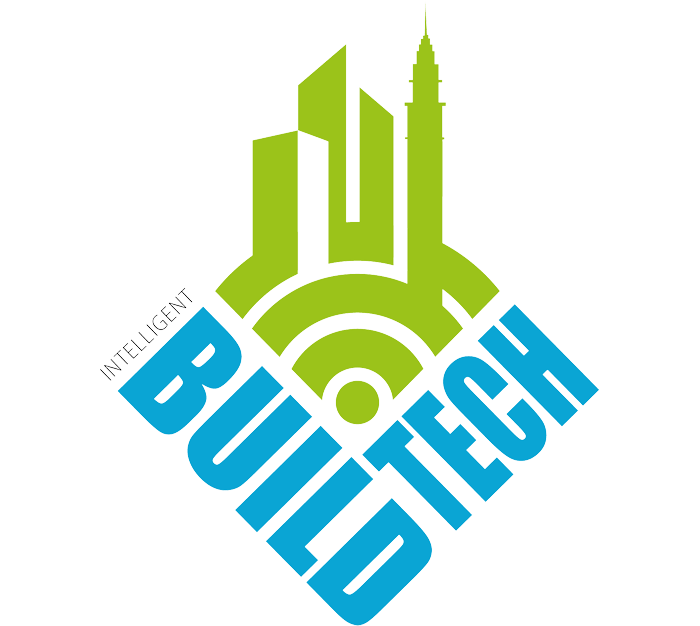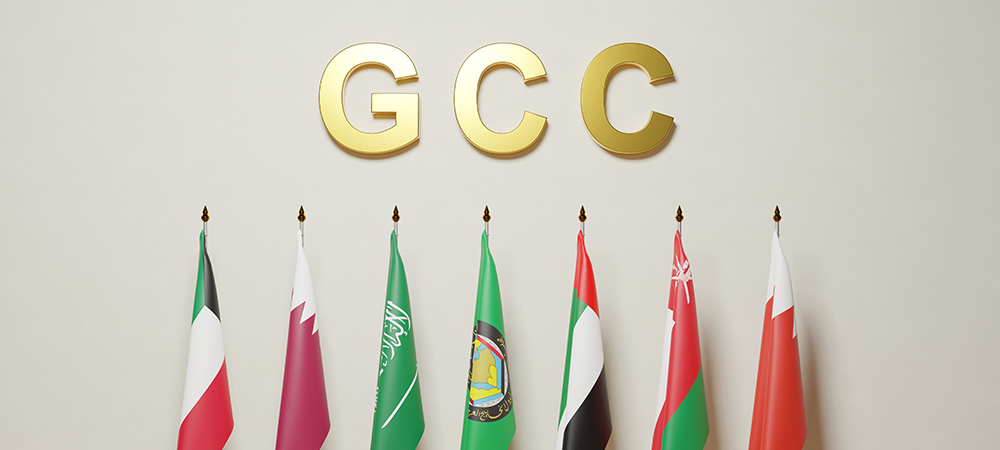This month’s Future Proofing gains insight from Ibrahim Imam, CEO and Co-founder of PlanRadar. Imam discusses the main trends around the enhancement of construction sustainability practices within the Gulf Cooperation Council (GCC) region.
The construction industry in the GCC region is undergoing a transformative shift towards sustainability. With countries like the UAE and Saudi Arabia diversifying their economies, sustainable construction practices have become central to their long-term urban development plans. The GCC region is positioning itself as a leader in green building and energy-efficient solutions, with over US$2 trillion in sustainable construction investments projected across the MENA region.
The rise of sustainability in GCC construction
Sustainability in construction goes beyond reducing carbon footprints; it focuses on creating long-term environmental, economic and social value. The UAE’s Vision 2021, which aims for a sustainable environment and infrastructure, highlights the region’s dedication to green construction. The global construction sector, responsible for nearly 40% of carbon emissions, is seeing a growing demand for eco-friendly building solutions, including energy-efficient materials, renewable energy systems and improved waste management practices. Additionally, sustainable building certifications such as LEED (Leadership in Energy and Environmental Design) and Estidama have become increasingly common in GCC projects, reinforcing environmental goals.
The UAE and Saudi Arabia are at the forefront of this movement. The UAE has committed to reducing carbon emissions and achieving net zero by 2050, while Saudi Arabia aims to reach net zero by 2060. These national goals are driving the adoption of sustainable construction techniques critical to meeting future climate objectives.
Key trends shaping GCC construction sustainability in 2025
1. Carbon emission reductions and green building practices: The focus on green building materials and designs is intensifying in the GCC, with a significant emphasis on reducing carbon emissions. The World Green Building Council reports that energy-efficient construction techniques can lower the lifecycle carbon emissions of buildings by up to 60%. In the UAE and Saudi Arabia, renewable energy systems such as solar panels, wind energy and energy-efficient HVAC systems are increasingly common in construction. Green financing is also becoming a vital tool for developers seeking to fund sustainable projects and minimise environmental impacts.
2. Circular economy and waste reduction: The circular economy model, which focuses on reusing, recycling and repurposing materials, is gaining traction in the GCC construction industry. As cities grow rapidly, minimising waste through circular principles is essential. Projects like Saudi Arabia’s NEOM and the UAE’s Masdar City demonstrate the application of circular economy principles, focusing on resource efficiency, waste reduction and sustainable energy use. Prefabrication, a technique where components are manufactured off-site, is being employed to reduce waste and improve efficiency. The increased focus on recycling and reusing construction materials further supports waste management goals.
3. Smart technologies and BIM (Building Information Modelling): Smart technologies are revolutionising construction in the GCC. BIM allows for better collaboration, improved project visualisation and more efficient project management. In the UAE, AI-driven smart grids and energy management systems are optimising construction and reducing energy consumption. Saudi Arabia’s NEOM project, which integrates AI and IoT technologies, aims to create a fully connected and sustainable urban ecosystem. The use of drones and sensors for monitoring construction progress and assessing material waste is also becoming more common, ensuring that buildings exceed sustainability goals while minimising operational costs.
4. Sustainable urban development and mega-projects: The GCC is known for its ambitious megaprojects, many of which incorporate sustainable practices. The US$500 billion NEOM project in Saudi Arabia, designed to be powered entirely by renewable energy, is a standout example. This project integrates sustainable construction methods, renewable energy sources, and a circular economy model. Similarly, in the UAE, developments like the Dubai Creek Tower are being designed with energy efficiency and environmental sustainability in mind, meeting the highest green building standards. These projects also serve as living labs for sustainability, setting new benchmarks for smart, energy-efficient cities.
The role of digital platforms in advancing sustainability
Digital platforms such as PlanRadar are pivotal in advancing sustainable construction practices in the GCC. These platforms streamline construction management by enabling real-time tracking, improving collaboration and facilitating efficient document management. This reduces waste and enhances resource management. By minimising the need for physical paperwork and ensuring digital management of project details, these platforms support sustainability goals.
Moreover, digital tools help integrate smart technologies like BIM and IoT into construction processes, allowing for real-time monitoring of energy usage, waste management and overall efficiency. The use of these technologies contributes to better project performance while minimising environmental impact.
Looking ahead: The future of sustainable construction in the GCC
As the GCC moves towards 2025, sustainability will continue to dominate the construction sector. The integration of smart technologies, sustainable building practices and circular economy principles will drive efforts to meet ambitious sustainability goals. However, challenges remain, especially regarding financing and regulatory frameworks. For sustainability to become fully embedded in construction practices, governments, developers and construction professionals must collaborate to create the necessary infrastructure and policies.
With significant investments in green construction and the adoption of innovative technologies, the GCC is poised to lead the global push towards sustainable urban development. By embracing sustainability as a central theme, the region is setting new standards for the construction industry worldwide.
Conclusion
Sustainability in construction is no longer just a trend in the GCC; it is now an integral part of the region’s growth strategy. As businesses continue to embrace sustainable building practices, the economic, environmental and social impacts will be transformative. The ongoing focus on advanced technologies, circular economy principles and long-term sustainability goals is shaping the future of the construction industry. By prioritising resource efficiency, minimising waste and reducing carbon footprints, the GCC is paving the way for a more sustainable and resilient construction sector. This commitment to sustainability will not only address current challenges but also ensure long-term prosperity for the region’s built environment.




